Cholesterol supports essential bodily functions. But when its level is creeping upward, it can lead to heart disease and stroke. Medications can keep it regular, but there are also ways to lower cholesterol naturally.
Here are some changes you can make to your diet and lifestyle to cut high cholesterol.
RELATED: Best Foods to Lower High Blood Pressure
How to Lower Cholesterol Naturally
1. Eat Monounsaturated Fats
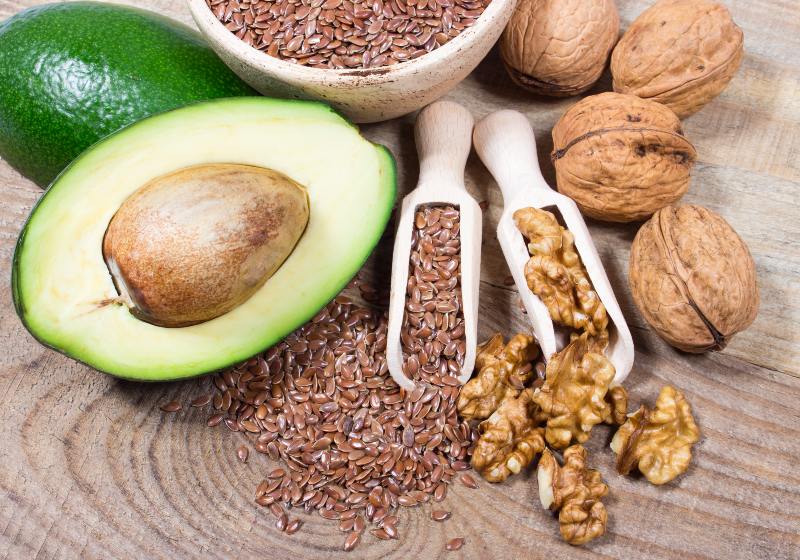
Your body needs fats, as they provide energy and help cell growth. And one type of healthy fat is monounsaturated fat.
Monounsaturated fat decreases the bad cholesterol in your body. Lower cholesterol levels reduce your risk of developing fatal heart conditions. When stored at room temperature, it's liquid in form but solidifies when chilled.
Some foods with monounsaturated fats are:
- Seeds
- Nuts, such as Brazil nuts, almonds, and peanuts
- Avocados
- Vegetable oils, such as sesame, peanut, and olive oils
2. Consume Polyunsaturated Fats
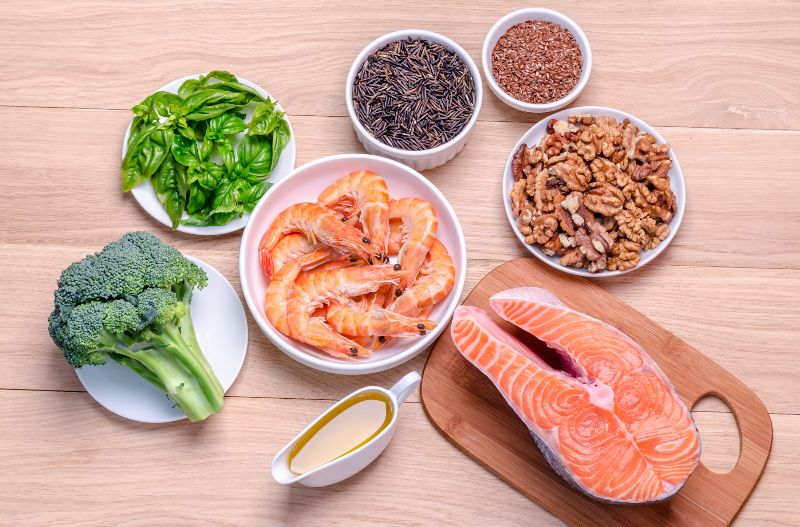
Another healthy fat that's beneficial for your heart is polyunsaturated. Like monounsaturated, it can reduce your LDL or “bad” cholesterol while enhancing your HDL or “good” cholesterol. Additionally, it provides a defense against heart diseases.
There are two main types of polyunsaturated fats — omega-3 and omega-6. Your body can't produce these fatty acids, so you must get them from sources, such as:
- Plant oils, like sunflower, soybean, and corn oils
- Walnuts
- Fish, like trout, herring, halibut, mackerel, salmon, sardines, and tuna
- Shellfish, like crab and shrimp
However, keep in mind to balance your consumption of omega-3 and omega-6. Excessive intake of omega-6 can lead to health problems, such as obesity and diabetes.
Tip: If you can't catch a fresh fish, you may still get polyunsaturated fats from canned fish, like canned sardines. But choose a variety without salt or with low sodium.
3. Increase Fiber Intake
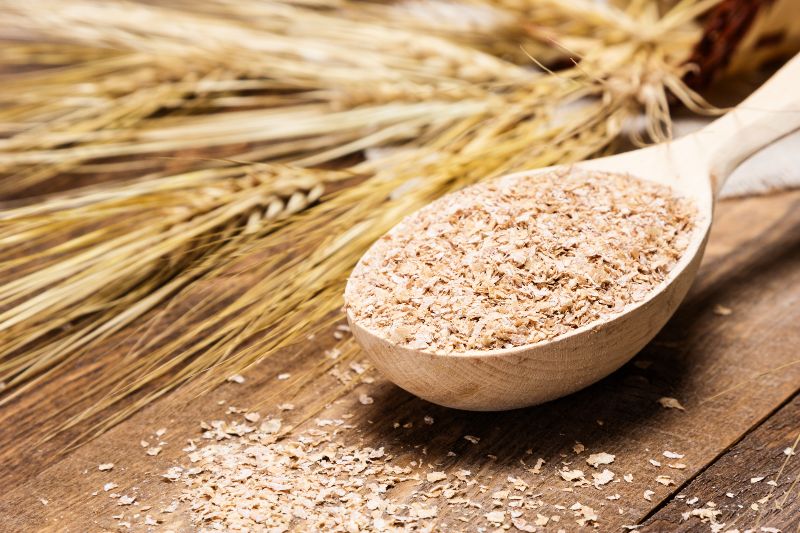
You may think of fiber as a carbohydrate that supports your digestion. While this is correct, this isn't its only function.
Fiber also decreases your cholesterol levels. A study shows that adults who took soluble fiber supplements every day for three months experienced a drop in their bad cholesterol by 18%.
Soluble fiber pulls out the cholesterol in your gastrointestinal tract before it gets carried into your bloodstream. Some good sources are:
- Whole grains, such as brown rice and oats
- Legumes or beans, such as garbanzo beans, black beans, pinto beans, and peas
- Fruits, such as pears, apples, oranges, nectarines, passion fruit, apricots, and berries
- Vegetables, such as beets, carrots, okra, Brussel sprouts, and eggplants
Fiber intake makes you feel full, which can curb your appetite. However, increase your fiber consumption gradually, as excessive fiber can lead to abdominal bloating and pain.
Tip: As much as possible, buy only fresh ingredients. The more refined or processed the grains, the less likely they have nutrients.
4. Lessen Saturated Fats
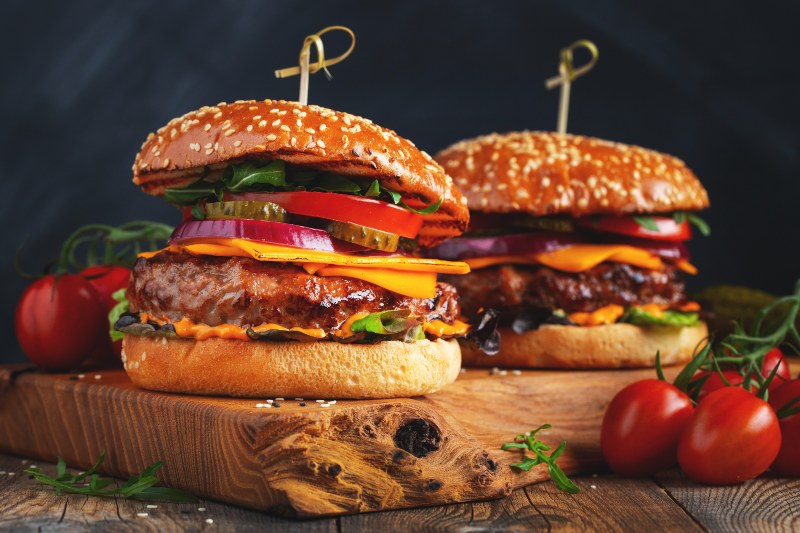
Before you go grocery shopping, take a good look at your list. Maybe there are items in there that are high in saturated fat.
Red meats, for instance, have massive amounts of saturated fat. This type of fat increases your harmful cholesterol levels, which can build up in your arteries. So if hamburgers and steaks are on your list, think again.
Instead of buying red meats, you may select skinless turkey, skinless chicken, and fish. However, if you can't resist eating red meats, pick out the leanest cuts, as they contain less saturated fat. Some examples are:
- Top sirloin
- Tenderloin
- Tri-tip
- T-bone
- Flat-half brisket
You may still add some saturated fats to your diet, but keep it to only around 5-6% of your daily calories.
5. Get Rid of Trans Fats
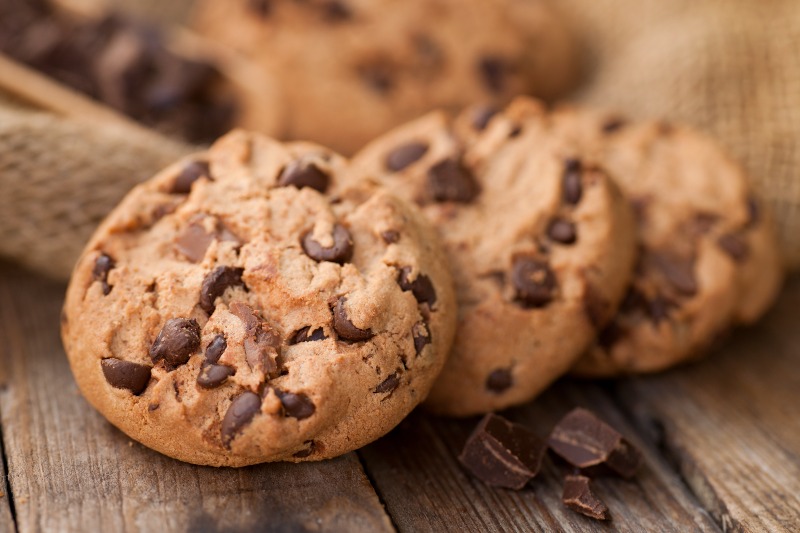
Among all the types of fats, trans fats have the most terrible effect on your health.
Trans fats are also called “partially hydrogenated oils.” They may be beneficial for food companies since they help extend the shelf life of products, but they're the worst for your cholesterol levels. They increase your bad cholesterol and decrease the good ones. Additionally, too much trans fat intake can cause diabetes, weight gain, and cardiovascular disease.
You can find this type of fat in the following food items:
- Cakes, cookies, frozen pizza, crackers, and pie crusts made with shortenings and margarine
- Fried foods
- Pre-packaged or processed foods
Tip: Nutrition facts label can be deceiving. If a food item contains less than 0.5 grams of trans fat per serving, food manufacturers are allowed to indicate “zero grams of trans fat” on the label.
To avoid being tricked, check the ingredients. For example, if you see “partially hydrogenated oils” in the list, it means that it contains trans fats.
6. Prepare Your Meals Differently
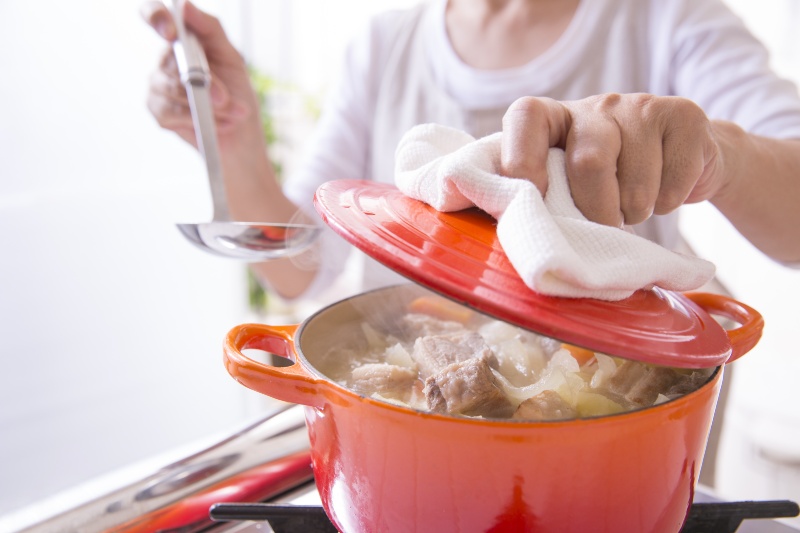
You shouldn't only be mindful of the foods you consume and be conscious of how you cook them.
There are healthier cooking methods that can lower cholesterol. For instance, when preparing fish and meat, get rid of the skin and trim the fats. This way, you can absorb the protein while decreasing your fat consumption.
Additionally, instead of breading and deep-frying, you may use these alternative methods:
- Boiling
- Poaching
- Broiling
- Grilling
- Steaming
- Baking
7. Spice It Up

Spices don't just “spice up” and enhance the flavors in your food; they also offer heart-healthy benefits.
Research shows that eating at least half cloves of garlic every day can reduce your cholesterol levels by around 10%. Other seasonings that can lower bad cholesterol as well include:
- Ginger
- Cinnamon
- Black pepper
- Curcumin
- Coriander
Also, adding spices to your meals can suppress your hunger and improve your metabolism. These can help you lose weight with minimal effort.
8. Pick Healthier Alternatives
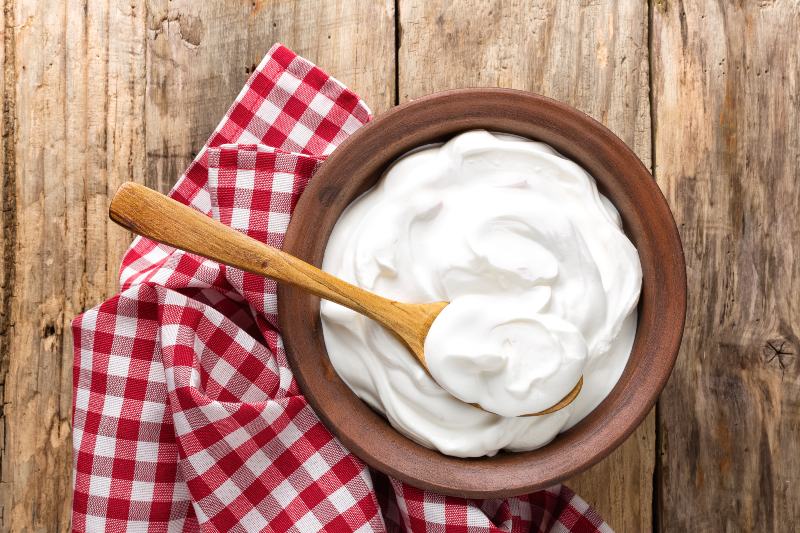
Improving your cholesterol doesn't mean giving up all your cravings — it's about making healthier and wiser food choices.
For instance, when talking about dairy products, like cream, cheese, and yogurt, choose their low-fat versions.
Full-fat dairy products have saturated fats, which, as stated above, impact your cholesterol levels.
On another note, when you need to add some fats to your meal (because fats make foods tastier), choose healthy cooking oils. For example, replace shortening, margarine, butter, and lard with grapeseed oil, extra-virgin olive oil, and sunflower oil.
Who knows? These substitutes might bring new, exciting flavors to your palate and may just become your next favorites!
RELATED: 17 Foods to Lower High Blood Pressure Without Medication
Lower Cholesterol with Lifestyle Changes
9. Quit smoking

Lighting up that cigarette affects how your body processes cholesterol.
Bad cholesterol becomes stickier, clings to your arteries, and obstructs when you smoke. Based on a study, There is a link between smoking and high cholesterol levels.
Quitting is one of the best things you can do to lower cholesterol and take care of your heart health. As soon as you stop, you can already feel its benefits:
- After 20 minutes: Your heart rate slows down after that nicotine-induced spike.
- After a few months: Your lungs become healthier. You are reducing your breathing problems and coughing.
- After a few years, you're at a lower risk of developing heart diseases than a smoker.
10. Get Active

By moving, you're helping your body perform its functions. And that includes lowering your bad cholesterol.
Aim for at least two and a half hours of physical activity weekly. It's up to you how you want to divide that. You may either dedicate one day or break it up into several days. What's more important is you get started.
For instance, if you often take the elevator, use the stairs instead. If you walk going to your office, increase your walking speed. Or if you have a car, park a bit farther than usual.
If you want to build the intensity of your activities, try lifting dumbbells, jogging, or swimming. Just remember that the more prolonged and more vigorous your workout, the better the benefits for your physical and mental well-being. But if you have an existing heart condition, consult your doctor before performing any activity.
Tip: Choose a workout that you enjoy doing. You may also look for a training buddy to give you that extra push.
11. De-Stress

Aside from causing headaches, chest pains, and sleep disturbances, stress also increases your cholesterol level. So chill out!
Don't let the pressures in life endanger your health. You're also lowering your cholesterol and protecting your heart by managing your stress levels.
Here are some simple and effective techniques you can do to loosen up:
- Meditation
- Deep breathing
- Music and art therapy
- Massage
- Aromatherapy
- Reading
- Chatting with friends
Not sure if you have high cholesterol? Watch this video by Natural Health Remedies to learn about the signs and symptoms of elevated cholesterol levels:
Too much bad cholesterol in your body can cause health issues, such as blocked arteries and cardiovascular diseases.
Now is the time to start looking after your heart health. By following these tips on lowering cholesterol naturally, you're also creating new habits for a healthier and happier you.
What other natural ways to lower cholesterol do you have in mind? Please share your thoughts with us in the comment section below!
Up Next:
Trending
Get Updates
SIGN UP FOR OUR NEWSLETTER TODAY
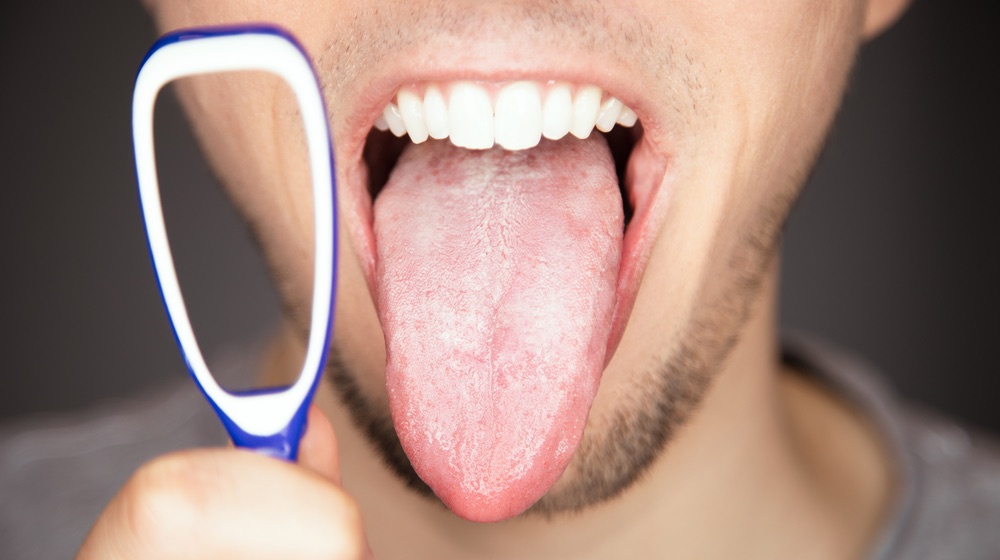
Tongue Color | 7 Scary Tongue Color Meanings
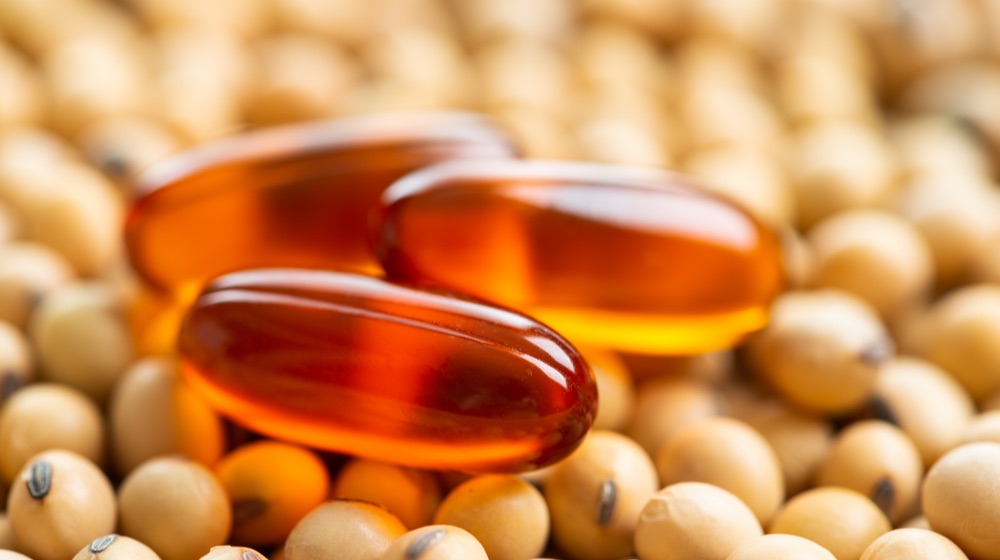
Lecithin Benefits and Side Effects: 10 Surprising Truths
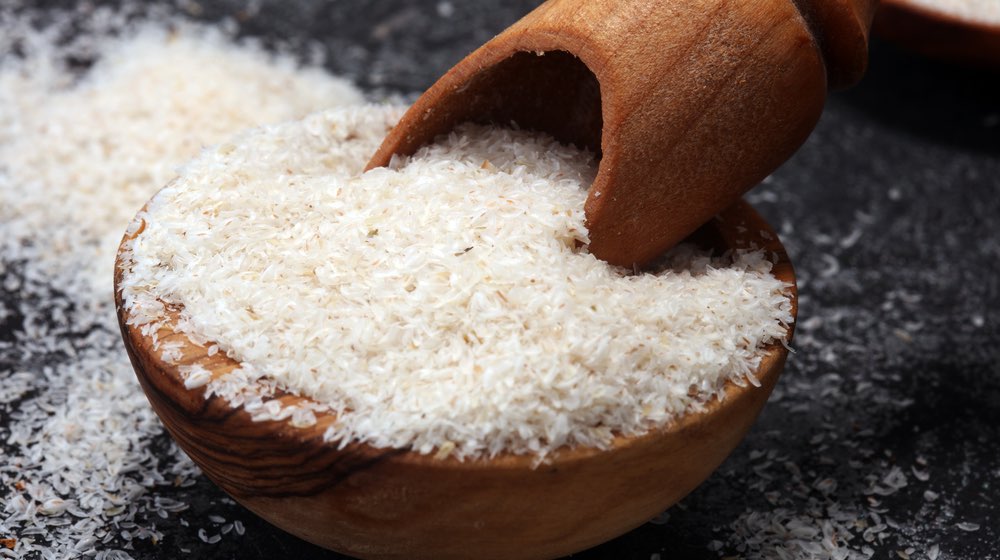
Related

Tongue Color | 7 Scary Tongue Color Meanings

